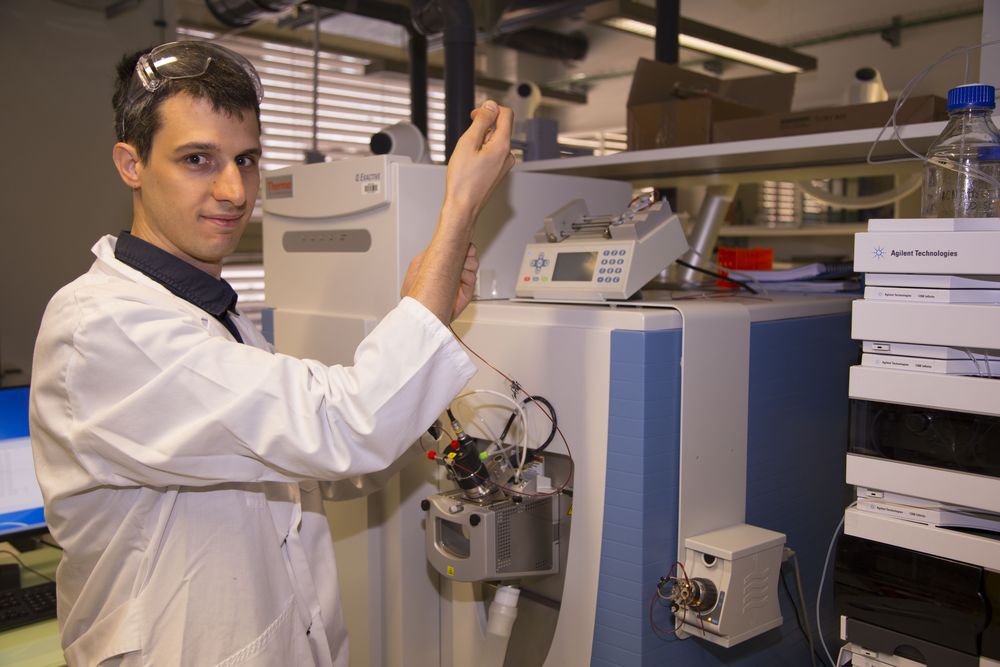“Super-tannins” are ring polyphenols larger than those previously known to oenologists. Their value is rooted in their function as potential authenticity markers of a wine. In the future, the discovery of the researchers from the Free University of Bozen-Bolzano in the Italian province of South Tyrol will help contrast sophistication in the wine sector.

The research group in oenology at the Free University of Bozen-Bolzano, led by Emanuele Boselli, professor at the Faculty of Science and Technology, has recently published a study entitled Isotopic Exchange HPLC-HRMS/MS Applied to Cyclic Proanthocyanidins in Wine and Cranberries in the US Journal of the American Society for Mass Spectrometry. The research sheds light on the structure of some natural antioxidant compounds of wine, referred to as “Super-tannins” by Prof. Boselli and his colleagues.
“This discovery came as a surprise to us. We analyzed some Southtyrolean wines to determine which among their constituents could play an important role in defining their quality and authenticity”, says Boselli. The research group identified cyclical proanthocyanidins in six terms. “This discovery”, says Edoardo Longo, the first signature of the scientific article, “has been made possible thanks to an analytical procedure applied so far almost exclusively to the study of proteins”. This procedure uses the isotopic exchange between hydrogen and deuterium, combining it with a high-resolution mass spectrometer, an equipment present in the Food Science laboratories of the Free University of Bozen-Bolzano.

Two years ago, researchers at the University of Bordeaux hypothesized the presence of cyclical oligomeric proanthocyanidins in wine: a new class of substances similar to tannins but with an unexpected ring shape. That pushed them to call them crown procyanidins. “Our theoretical calculations led us to suppose the existence of other similar structures”, adds Boselli, “So, with further experiments, we not only confirmed the results of our French colleagues, using an alternative technique, but also identified the presence of those supertannins with even more complex structure that we had predicted”.
The study published by the oenologists from the Southtyrolean university is just the beginning and will require further study. Subsequent experiments have already shown that supertannins are promising markers of authenticity for wines produced around the world, and not only in the Southtyrolean context.



